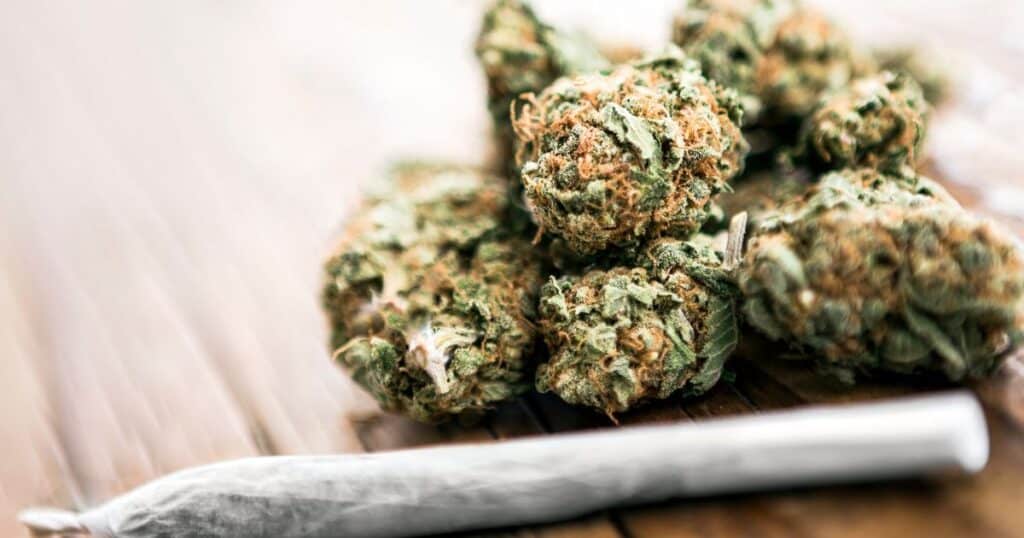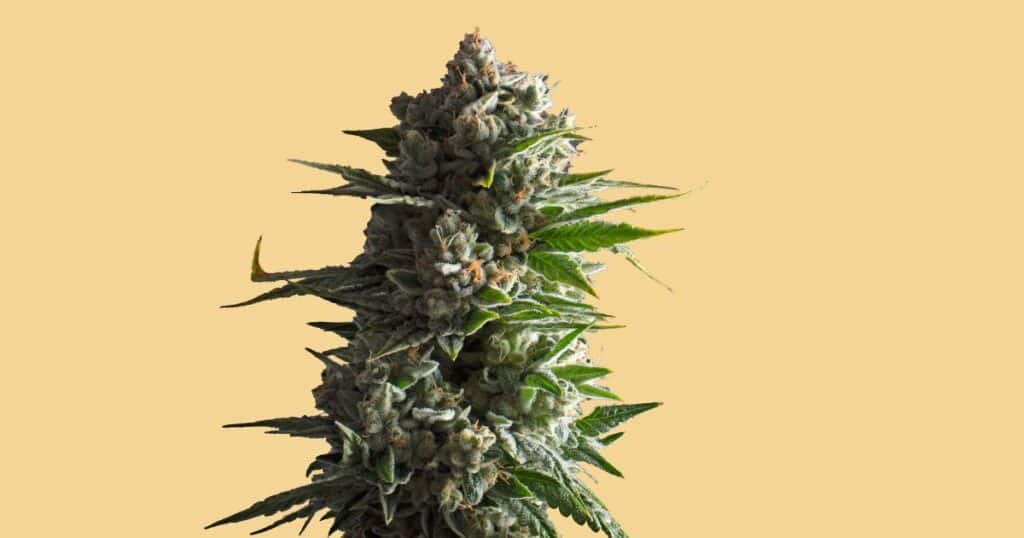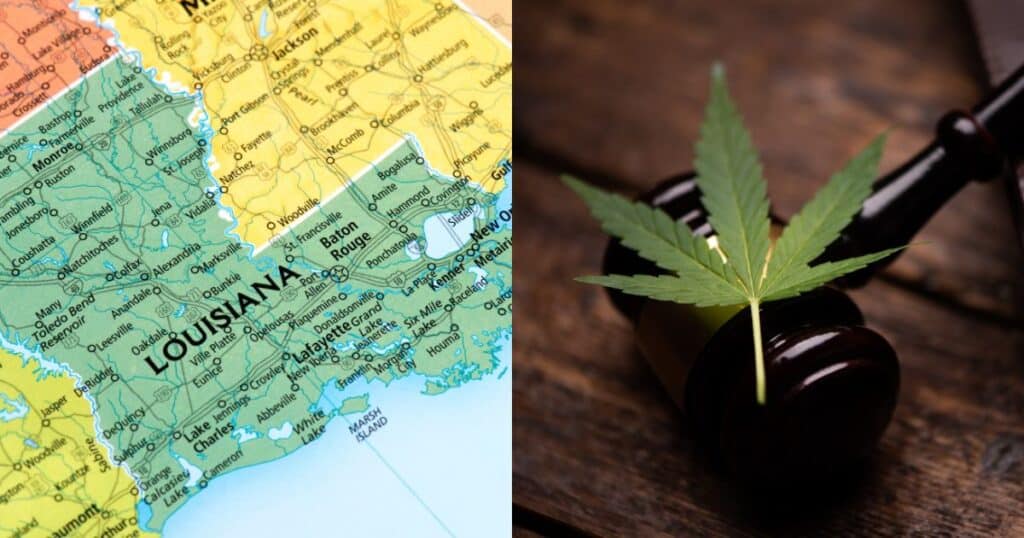Louisiana lawmakers have recently taken steps forward in cannabis reform, indicating a possible change in the state’s stance on marijuana legalization. Leading this effort is House Bill 707, a bill that seeks to create a regulatory framework for a potential adult-use marijuana in Louisiana.
Additionally, it seeks to expand personal cultivation rights, allowing individuals more freedom to grow their own cannabis for personal use. This legislative effort reflects a growing recognition of the need to update and reform outdated cannabis laws.

Marijuana Legalization in Louisiana
Looking back, Louisiana has approached marijuana legalization with cautious and incremental shifts. The state made its first significant move toward marijuana reform in 2015 by signing HB 149, laying the groundwork for medical cannabis dispensation. Then, in August 2019, Louisiana dispensed medical cannabis for the first time, albeit to a narrowly eligible group.
Fast forward to 2020, and the wave of reform continued with the passage of HB 819, significantly expanding access to medical cannabis by allowing any licensed doctor to recommend cannabis for a condition they deemed debilitating. Furthermore, legislation in 2021 approved HB 652, decriminalizing the possession of small amounts of marijuana statewide.
In 2023, the Louisiana Legislature continued its trajectory toward reforming cannabis laws with the passage of several bills aimed at “reforming and updating” medical cannabis legislation. However, almost five months into 2024, the governor has still yet to sign or veto them.
However, a significant legal change was enacted as the Governor signed a bill into law focusing on the “expungement” of certain cannabis-related criminal records. This law applies under specific conditions and circumstances, such as possession of up to 14 grams of cannabis and for individuals who are first-time offenders.
HB707
House Bill 707 is a testament to the evolving legal, social, and economic dynamics that surround cannabis. Louisiana has seen many attempts at an adult-use cannabis industry, and this bill is the next step.
HB707 proposes a three-part implementation strategy, beginning with the creation of a regulatory framework and, eventually, the introduction of bills that would allow adult possession and tax marijuana sales.
Such a careful, phased strategy seems to aim to secure widespread approval in the conservative Louisiana legislature and to lay a solid foundation for a mature cannabis market.
Under the proposed legislation, the Louisiana Department of Health would oversee the establishment of an adult-use cannabis program.
Notably, there would be no predetermined limits on the number of dispensaries that regulators could approve. The amended version of the bill also removed a cap on the number of cultivators, aligning the proposal with the need for a competitive and diverse market.
Adults aged 21 and over would be permitted to purchase up to one ounce of cannabis per day. Additionally, Louisiana residents could apply for a permit that allows them to cultivate up to six plants for personal use. This provision stands as a significant victory for advocates fighting for individual rights and traditional cultivation practices.
Rep. Edmond Jordan, the key proponent of HB707, advocates for the simplicity and clarity of the bill, emphasizing its focus on the adult-use aspects and the establishment of a retail infrastructure. The bill presents a pragmatic and comprehensive approach to managing the potential retail landscape while maintaining a balance between market freedoms and public safety.
House Bill 707 successfully passed the Louisiana Committee on Health and Welfare on Wednesday with a unanimous vote of 10-0. It now advances to the Committee on Appropriations for further consideration.
Economic and Social Implications
The legalization of adult-use cannabis and the allowance of homegrow in Louisiana have far-reaching implications.
From an economic standpoint, the cannabis industry presents significant opportunities for job creation, tax revenue generation, and the revitalization of rural economies through cultivation enterprises. By providing a safe and regulated market for adult-use cannabis, the state can potentially diminish ‘illicit’ market sales while capitalizing on an emerging industry.
The social impact of HB707 is also significant. Progressive cannabis policies are recognized for their contributions to criminal justice reform, especially in reducing the uneven impact of drug enforcement on minority communities.
With reduced penalties for possession, the legislation reflects not only a public health-oriented approach but also a more equitable justice system for those who have been affected by the ‘war on drugs.’
The inclusion of homegrow rights within HB707 represents a monumental win for cannabis reform, granting individuals the autonomy to cultivate their own medicine.
This provision not only taps into the rich agricultural tradition of Louisiana but also ensures that consumers have complete transparency about what they are putting into their bodies. By allowing up to six plants for personal cultivation, the bill empowers individuals to take control of their health and wellness in a way that is both intimate and informed.
In a world where the quality and safety of substances can be uncertain, growing one’s own cannabis represents a step towards ensuring safety and control, as well as developing a deeper connection with cannabis.

Challenges Ahead For Louisiana Marijuana Legalization?
While HB707 represents progress, Louisiana still encounters obstacles in broadening cannabis access. The political environment, especially with Governor Jeff Landry, who has said he would not allow marijuana legalization, is crucial in determining the bill’s outcome.
Looking ahead, the potential passage of HB707 sets the stage for Louisiana to join the ranks of states that have embraced progressive marijuana legalization reform policies.
It highlights a commitment to innovation, public engagement, and the pursuit of legislative frameworks that reflect the needs and aspirations of its constituents.
If successful, the bill could be a major win if regulated and taxed by the state, serving as a benchmark for other states pondering similar reforms. This approach would only continue to aid in the normalization of the cannabis market nationwide.

















